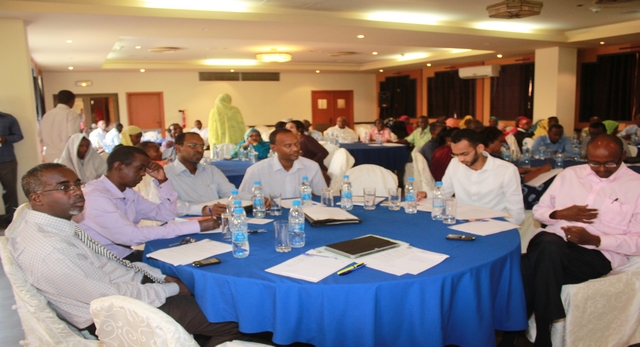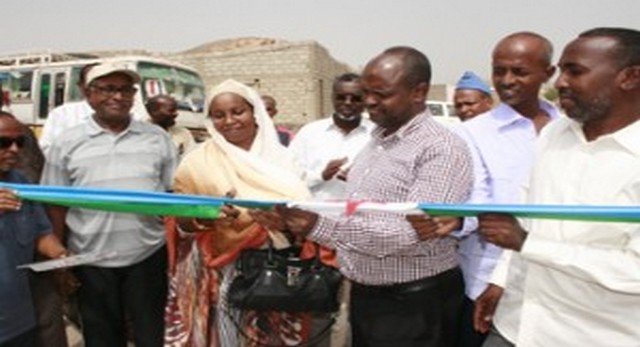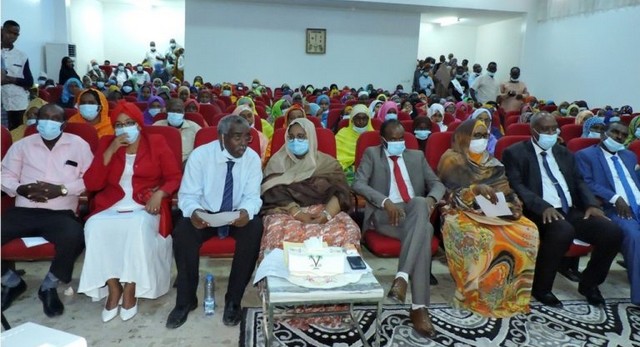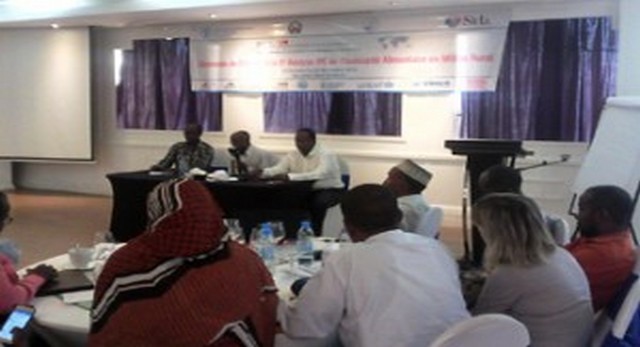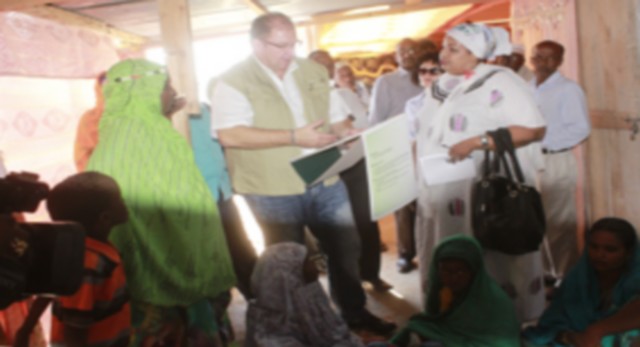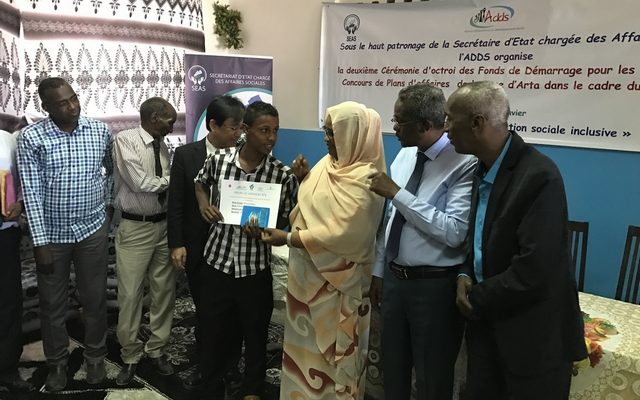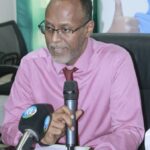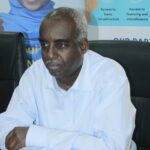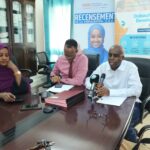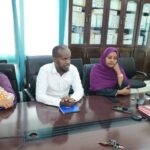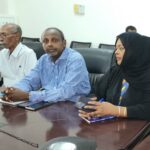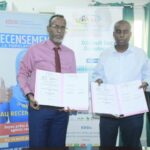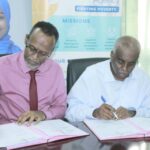It was a festive occasion when the street lights came on the main street of Holl Holl in Djibouti.
Children, women, and men had waited patiently for this moment – when electricity department workers hoisted 190 utility poles along Holl Holl’s streets, and finally, in May 2019, all houses and public buildings were successfully connected to the new electricity network.
The villagers were ecstatic when we met them. “We have waited for 40 years for electricity to come to our village,” they said.
We also met some students, brimming with excitement that the fans in their classrooms were working, thanks to the new electricity connection. One 14-year-old said: “The hot summer days at school are more bearable now. I particularly enjoy playing football under the street lights after sundown.”
Taking electricity access to villages like Holl Holl is a cornerstone of the World Bank’s work to end energy poverty and reach the Sustainable Development Goal on energy (SDG7). Holl Holl is an isolated village a 90-minute drive from Djibouti Ville, on what can only loosely be described as a road, across the arid landscape towards Ethiopia. The village hosts forcibly displaced people from neighboring countries – as of December 2018, Djibouti was home to more than 18,000 refugees and 10,000 asylum seekers, mostly from Ethiopia, Eritrea, Somalia, and Yemen.
Across refugee sites in Djibouti, host and refugee populations alike face food insecurity, and have limited access to basic public and social services – such as electricity access – and livelihood opportunities. That is why this moment was significant for Holl Holl, as electricity marks a new era in the village’s development and will facilitate further development investments and livelihood opportunities.
The investments in electricity access in Holl Holl have been made under the World Bank’s Development Response to Displacement Impacts Project (DRDIP), a regional operation helping Djibouti improve the social, economic, and environmental well-being of local communities that are hosting refugees. The project is financed by the International Development Association (IDA), the part of the World Bank that helps the world’s 75 poorest countries.
The proposal for financing electrification was identified as a priority by the villagers of Holl Holl through the project’s community-driven development (CDD) operational approach. The community highlighted key benefits of electrification, including:
Children are able to study at night, contributing to better learning outcomes;
Families can cook meals after sunset in light and therefore also be safer and healthier;
Small businesses and shops can stay open longer, allowing for more business and income generation;
Residents can be connected to the world through improved access to mobile phones, radio, and internet services; and
Safety for women, with the newly installed public street lighting.
Now, the entire village of Holl Holl is connected to Djibouti’s electricity grid. This means the entire village – 2,800 people, 356 houses, 24 village shops, and a range of administrative and public facilities, such as the village’s health center, primary and high school, community development center, and mosques – now have electricity access.
Besides the grid extension, beneficiaries are also provided with electrical equipment, such as lights, fans, and electrical outlets. Both the host community and refugee communities benefit through this activity, are say they are particularly grateful for street lighting and electricity in public buildings. To facilitate maintenance of the electricity network and make it easier for the population to manage their electricity registration and utility payments, the Djibouti Electricity company (EDD – Électricité de Djibouti EDD) is establishing a customer management office in the village.
Holl Holl is the first village in Djibouti where access to electricity will change lives under the DRDIP. Plans are underway to help residents in nearby Ali Addeh and Obock as well. In line with SDG7, this activity will help take electricity to more people in the country, where only 60% of the population currently have access to electricity according to latest data from the Tracking SDG7: The Energy Progress Report 2019.
Lien source: blogs.worldbank.org

